Iran’s neighbors first policy spurs trade, brings peace
The busy streets in Tehran are seeing an uptick in motorcades rolling past curious bystanders as the heat is slowly and steadily setting in with the arrival of the sizzling summer in the Iranian capital.
Unlike immediately after the conclusion of a nuclear deal in 2015 which set off a scurry of diplomatic activity and a steady stream of delegates arriving from European capitals, the new visitors are from Iran’s close neighborhoods.
And they are visiting not because of another deal in the offing between Iran and the West. They are here thanks to the regional diplomacy which the administration of President Ebrahim Raeisi has made a key plank of its foreign policy since coming to office in August.
On Tuesday, Pakistani Foreign Minister Bilawal Bhutto Zardari announced after talks with Iranian officials in Tehran that the two neighbors had come closer to resolving one of the major obstacles in the expansion of bilateral trade through operationalizing the barter trade mechanism.
“This will greatly help in improving the livelihood and welfare of the people in the border areas,” he said at a joint news conference with Iranian Foreign Minister Hossein Amir-Abdollahian.
He said the promotion of trade through border marketplaces were the measures of their shared commitment to provide opportunities for enhanced economic and commercial activities.
The two sides also identified ways to enhance bilateral ties to match their true potential, particularly in the areas of trade, investments, connectivity, border management, facilitation for pilgrims, cultural and educational cooperation, and enhancing people-to-people exchanges.
Another significant step towards strengthening the bilateral relations, Zardari said, is the commitment to strengthen energy cooperation.
President Raeisi told the top Pakistani diplomat that Iran is ready to satisfy Pakistan’s demand for oil, gas and electricity. Senior Iranian officials have also said the country is ready to barter its electricity for rice from Pakistan.
For years, Iran has been providing electricity to Pakistani towns near their joint border.
In his meeting with Amir-Abdollahian on Tuesday, the Pakistani foreign minister reiterated his country’s commitment to strengthen bilateral relations with Iran in diverse areas.
“Iran is a very important neighbor of Pakistan, one with which we share immutable historic and fraternal bonds,” he said. “I can say with great satisfaction that we continue to build upon the exceedingly positive and constructive relations enjoyed by our two countries,” he added.
On Wednesday, Iran officially welcomed Turkmenistan’s new President Serdar Berdimuhamedow who, along with President Raeisi, oversaw the signing of a raft of documents for cooperation on economy, trade, transportation, investment, new technologies, environment, sports, energy, judiciary, education, research, and tourism.
Among the driving forces behind this regional diplomacy is Iran’s trade route which is proving tremendously attractive to its neighbors.
Pakistan is taking advantage of a newly launched overland Iranian route to Turkey, which cuts travel times for goods between South Asia and Europe from upwards of forty days by sea down to as little as a week.
Additionally, Central Asian nations worried about bottlenecks at Caspian Sea ports that have caused weeks of delays—as well as a war raging in Ukraine that has impeded Eurasian traffic—are looking to Iran to get goods back and forth.
Iran is already transferring Turkmenistan’s gas to Azerbaijan through a swap deal. Iranian Minister of Petroleum Javad Owji said Wednesday the Turkmen side asked to increase gas swaps to Azerbaijan and other neighboring countries, which Tehran welcomed.
Commercially, the use of Iran as a land route also makes sense, wrote leading American think tank The Atlantic Council that manages more than a dozen regional centers and functional programs related to international security and global economic prosperity.
A global container shortage, it said, has upped the cost of sea freight and the threat of piracy or terrorism at sea has jacked up insurance rates.
A land option roughly coinciding with the ancient Silk Road connecting Asia to Europe reduces transit times, lowers insurance and refrigeration costs, eases other transport bottlenecks, and could alleviate supply-chain shortages, benefiting businesses and consumers worldwide, it said.
The Atlantic Council recounted how a little more than six months ago, a pair of trucks from the northernmost UAE princedom of Ras al Khaimah crossed the Persian Gulf to the Iranian port of Bandar Abbas on a specialized “roll-on, roll-off” ferry before making a beeline for Iran’s multi-lane highways.
Next, they headed northwest across the expanse of Iran to the mountainous frontier with Turkey where they crossed the Bazargan-Gürbulak border heading southwest to the Turkish Mediterranean Sea port of Mersin.
“Thus, a new trade route was established, one that regional actors are jumping on and could build the kind of trade ties that encourage peaceful relations,” the think tank wrote.
According to the World Road Transport Organization (IRU), the international truck and transport lobby, the trip from the Arabian Peninsula to the Mediterranean took a mere six days in all.
That’s a fraction of the twenty-one days or so it would take to get a shipment from the Persian Gulf to the Red Sea through the bottleneck at the Suez Canal and into the Mediterranean Sea.
Nevertheless, it took until October 2021 for the corridor to be opened, suggesting how fragmented the Middle East is and how much economically healthier it could be.
Like in North Africa, neighboring nations act more like islands than partners, The Atlantic Council said.
“The biggest historical abnormality is the absence of Iran from the global trading system,” The Atlantic Council cited Matt Oresman, a partner at Pillsbury, an international law firm, who specializes in international sanctions and trade law, as saying.
“This makes imminent sense historically and geographically that Iran would play this role.”
Shortly after the transport corridor was established, UAE ruler Mohammed bin Zayed went to Turkey in November 2021 to meet with President Recep Tayyip Erdogan.
The two leaders put aside years of differences over Libya and Syria, as well as over their conflicting ideological visions for the Middle East, to discuss trade and investment deals.
It was among the factors that encouraged Erdogan to lay aside past grievances and embrace the Saudi leadership, including Crown Prince Mohammed bin Salman, at a meeting in Jeddah in April, economist Selim Koru said.
Several sources said that it is among the factors pushing recent Baghdad-hosted talks between Saudi Arabia and Iran.
According to The Atlantic Council, trade routes and economic interdependencies at the very least can establish a measure of rationality and efficiency, and perhaps create incentives for peace between longtime adversaries, just as integrating the French and German steel industries after World War II made yet another armed conflict between the two nations almost literally impossible.
Israel makes deepened incursion into Lebanon despite truce
IRGC intelligence forces capture agent linked to foreign espionage service
VIDEO | Palestinians in Yarmouk Camp cling to hope and determination
Israel preparing to stay in southern Lebanon after ceasefire: Report
Israeli pressure on Hamas ‘hardly helped’; swap deal necessary: Ex-Mossad chief
Far-right Israeli minister Ben-Gvir again storms al-Aqsa Mosque
Iran: Israel’s attack on journalists’ vehicle in Gaza amounts to ‘war crime’
VIDEO | Israel’s war spending


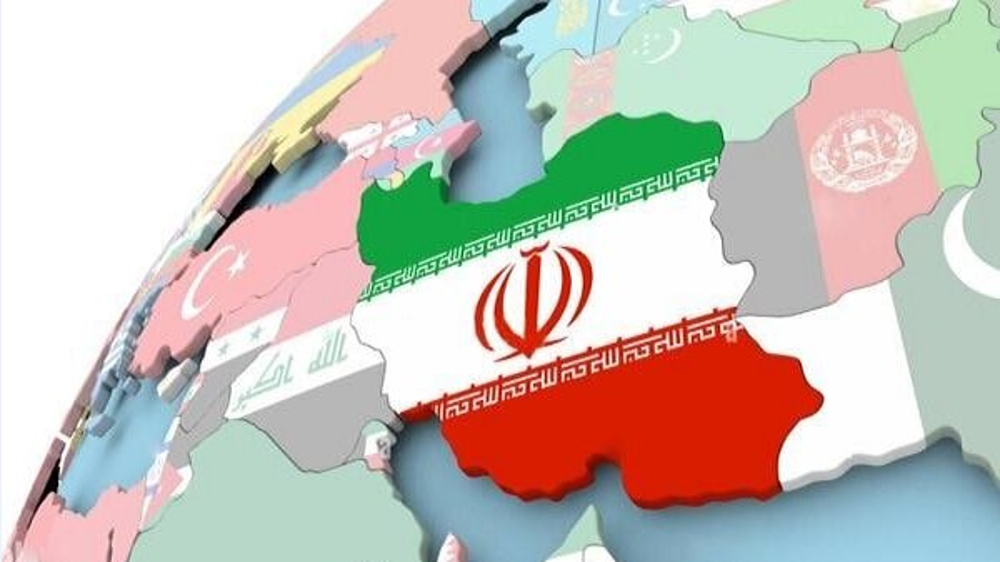
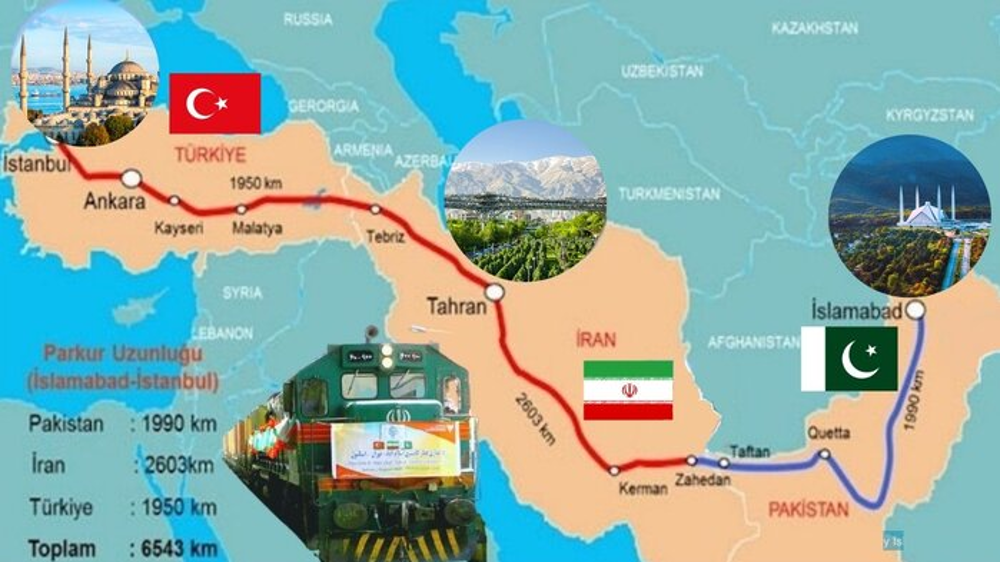
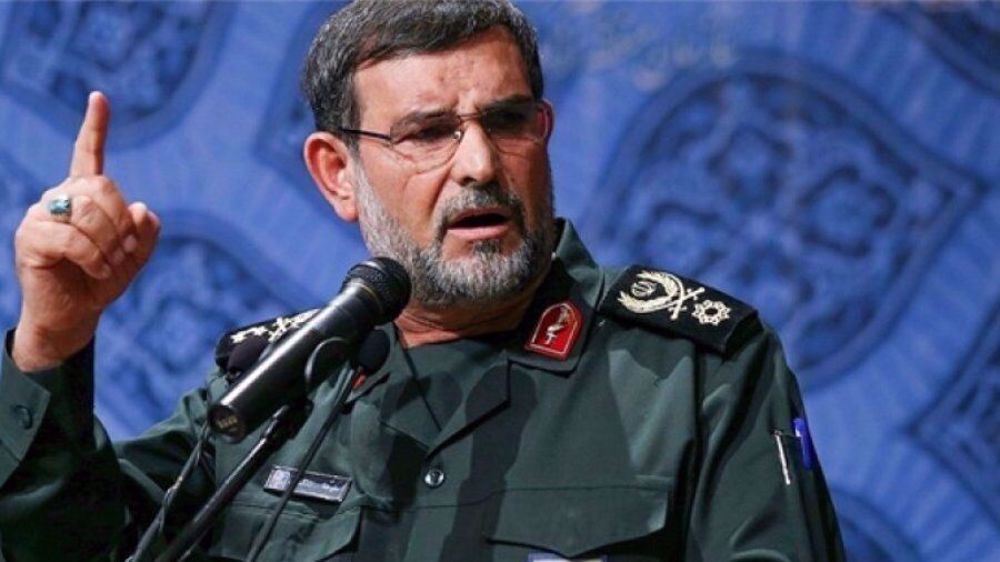
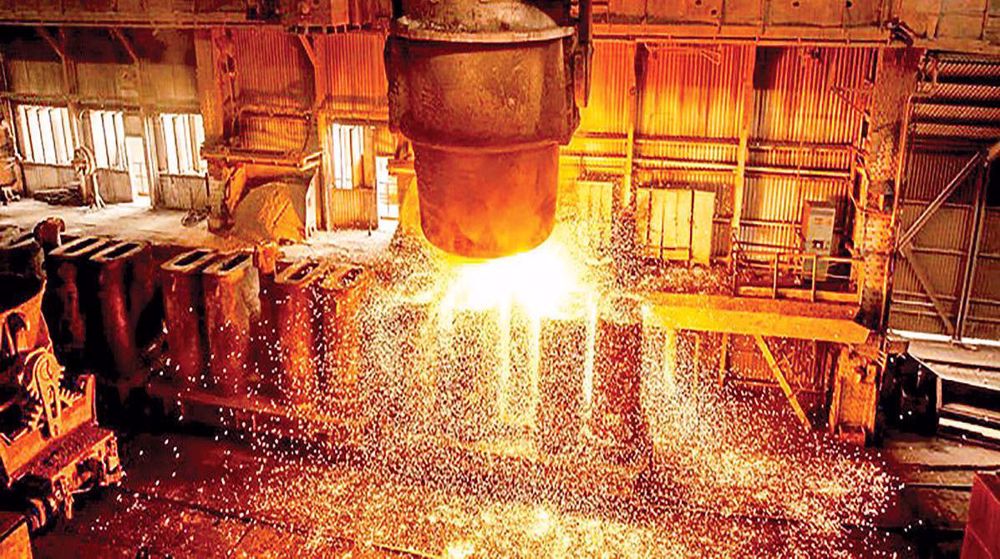
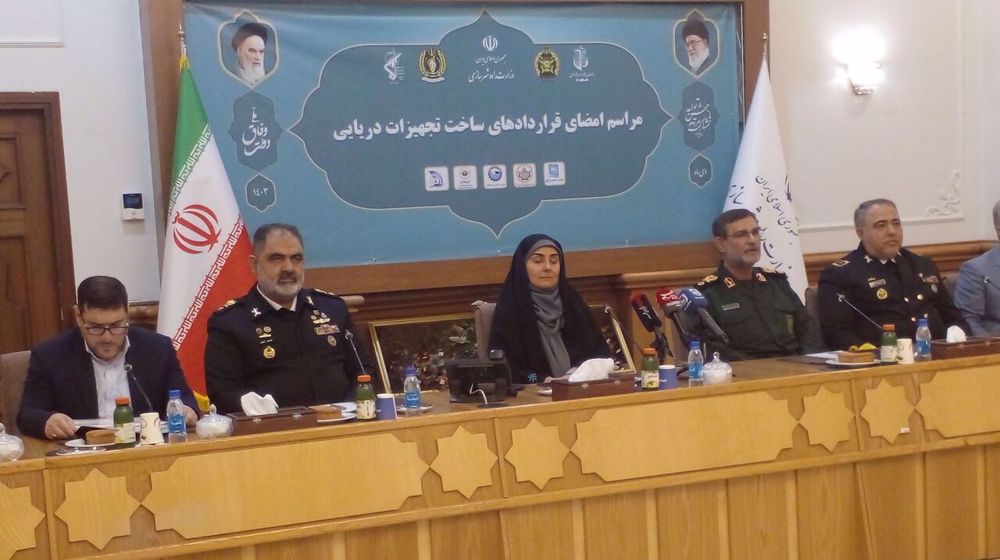




 This makes it easy to access the Press TV website
This makes it easy to access the Press TV website